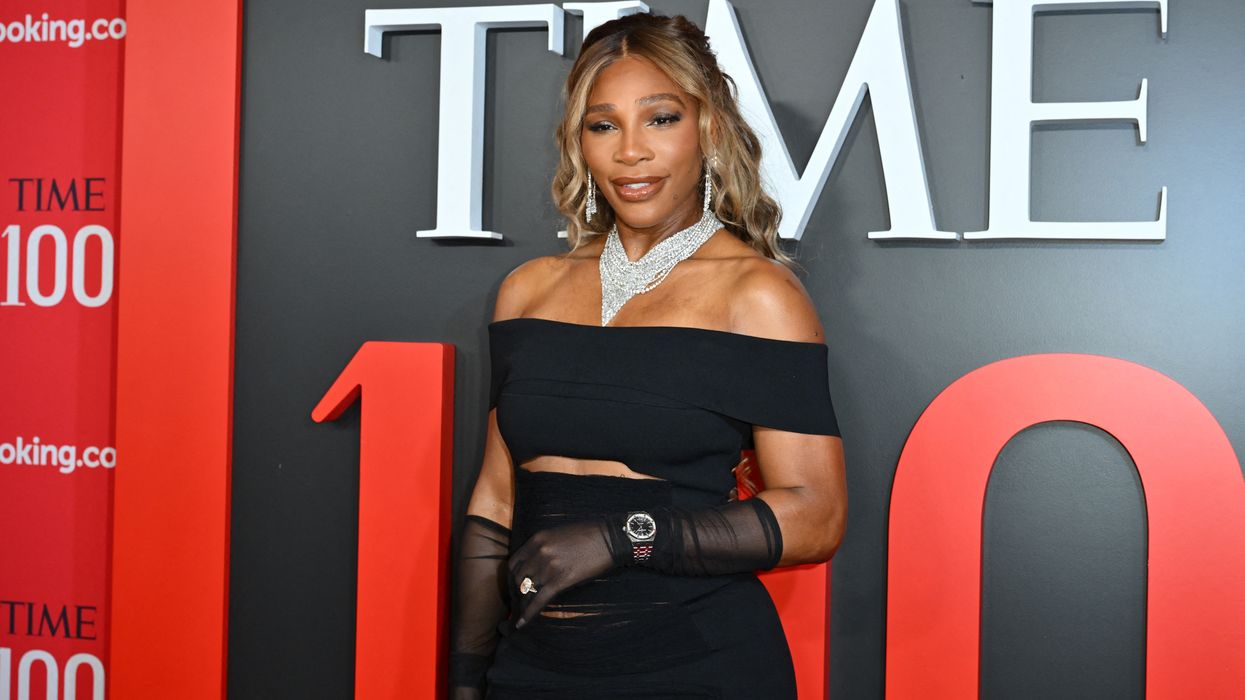Highlights:
- Serena Williams reveals she has lost more than 31lbs using a GLP-1 medication
- The tennis legend says the treatment enhanced her existing healthy lifestyle
- She stresses that weight loss should not change self-image or self-confidence
Serena Williams has revealed she has lost more than 31lbs after turning to a weight-loss medication, saying the treatment has transformed both her body and her mindset.
The 23-time Grand Slam champion, 43, told PEOPLE that using a GLP-1 medication — a type of injection that works by regulating appetite — has helped enhance the healthy lifestyle she already maintained through diet and exercise.
“I feel great,” Williams said. “I feel really good and healthy. I feel light physically and light mentally.”
Postpartum struggles
Williams explained that her weight challenges began after the birth of her first daughter, Alexis Olympia, in 2017. Despite training intensively and eating healthily, she found it difficult to return to her preferred weight.
“I never was able to get to the weight I needed to be, no matter what I did, no matter how much I trained,” she admitted. “It was frustrating to work so hard and not see results.”
She experienced the same plateau after giving birth to her second daughter, Adira River, in 2023. Although she initially shed weight quickly, progress soon stalled. “I never lost another pound,” she recalled.
Turning to treatment
Determined to try a new approach, Williams consulted doctors through Ro, a direct-to-patient healthcare company, and began a GLP-1 course once she had finished breastfeeding. The medication, also known as a glucagon-like peptide-1 receptor agonist, is commonly marketed under brand names such as Ozempic and Mounjaro.
“I did a lot of research before I started,” she explained. “I wanted to know if it was a shortcut or if it could really help me. In the end, it felt like the right decision.”
Williams, who is now a patient ambassador for Ro, said the injections made a noticeable difference. “I lost over 31 pounds and was really excited about that weight loss.”
Feeling better than ever
The Olympic gold medallist says she now feels stronger and more energetic.
“I can do more. I’m more active. My joints don’t hurt as much. Even simple things like moving around are easier. I feel like I have a lot more energy.”
She emphasised that GLP-1 was not a substitute for discipline but a way to support her existing healthy habits. “GLP-1 helped me enhance everything I was already doing — eating healthy and working out, whether as a professional athlete or just at the gym every day.”
Confidence and body positivity
Despite her transformation, Williams stressed that her self-confidence has never depended on her size.
“Weight loss should never really change your self-image,” she said. “Women are judged about their bodies at any size, and I’m no stranger to that. I’ve always loved myself at every stage. The difference was that my body didn’t feel good carrying that extra weight after having children.”
She added that she encourages her daughters to embrace body confidence too. “It’s important to teach them to be confident at any size, just as I try to be. Looking back, whether I was smaller or heavier, I always felt confident — and I looked great too.”
Looking ahead
Williams says she plans to continue with the weekly GLP-1 injections as needed, alongside training for a half marathon. The gym remains her “favourite place to be” — and she intends to keep sharing her workouts with fans online.
“I just feel pretty good about it all,” she said.





